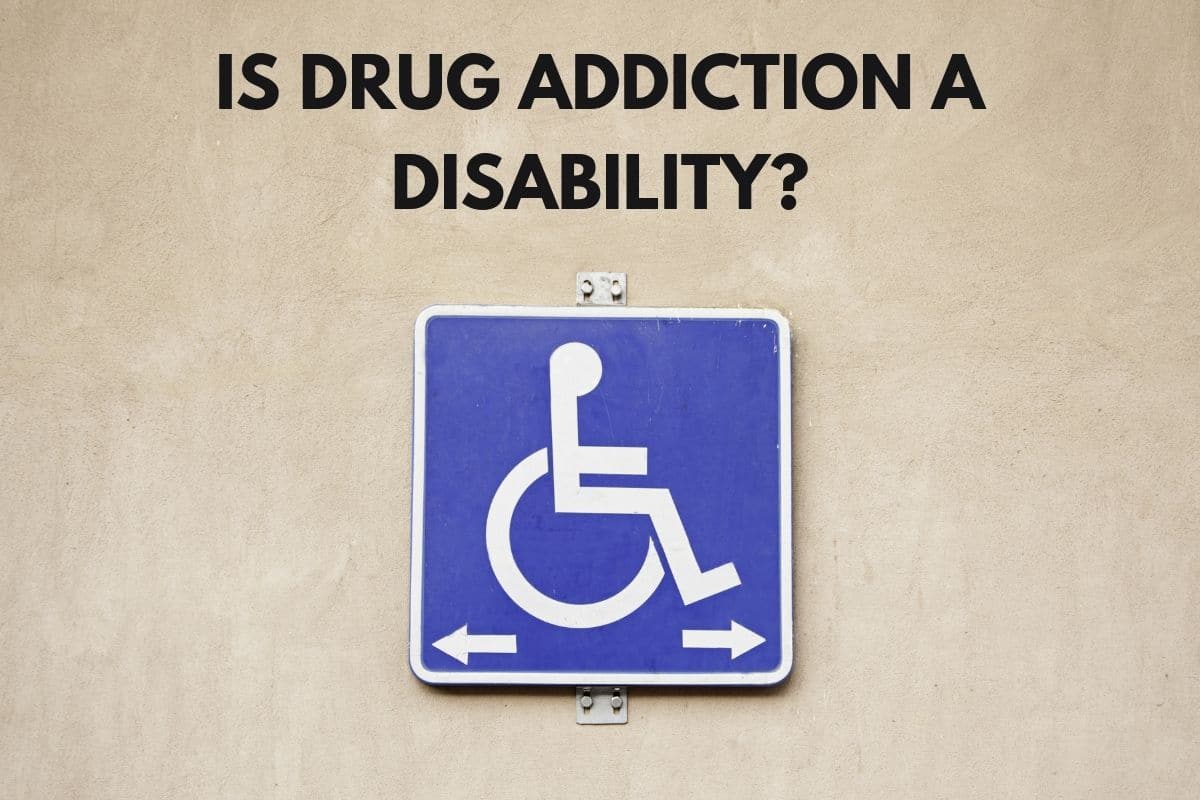A complex and multifactorial disorder, drug addiction can make it difficult—if not impossible—for individuals to fulfill the basic duties of day-to-day life. While the damage caused to the body and brain has caused this affliction to be categorized as a disease, it can also result in a loss of independence. So much so that it has led legislators to ask: Is drug addiction a disability as well?
What Is Disability?
According to the World Health Organization, a disability is defined as a physical or mental impairment that causes activity limitation and participation restrictions that would otherwise prevent a person from taking part in society. Such impairment can and does refer to conditions that were present at birth or that developed later in life. As such, there are a vast array of different types of disabilities and fall into a few categories:
- Mobility: Difficulty walking or climbing stairs
- Cognition: Serious difficulty with learning, remembering, concentration, or making decisions
- Independent Living: Difficulty completing errands alone
- Hearing: Can range from deafness to being hard of hearing
- Vision: Includes blindness or serious vision impairment
- Self-care: Difficulty dressing or bathing oneself
(Source)
Sometimes, disability labeling also coincides with medical conditions such as genetic disorders such as muscular dystrophy, Down syndrome, or autism. Additionally, individual symptoms of a medical condition can themselves become a disability. Longstanding diseases such as diabetes can result in loss of vision or limb or nerve damage, all of which would classify the affected person as one with disabilities.
Criteria For Determining Disability
The key to determining whether or not drug addiction would qualify as a disability is to understand the criteria used to determine such a status. The criteria falls into three distinct categories:
Impairment
Impairment is defined as the absence or deficiency in a person’s physical or cognitive abilities. Structural impairments are those involving internal or external parts of the body. It can mean bodily damage or complete loss of a body part, such as amputation. Functional impairment is, as the name implies, a loss of a body part’s ability to function as normal that interferes with a person’s ability to fulfill social or occupational obligations.
Activity Limitation
This refers to an individual’s ability to complete a task or action on a personal level: taking a bath, getting dressed, or navigating their home. It can also apply to cognitive tasks where knowledge is needed in order to keep up with life’s demands or managing domestic life.
Participation Restrictions
Somewhat similar to activity limitation, the biggest distinction between the two is that participation restriction refers to social roles that are integral to being a functional member of society. These can include the ability to gain employment, receive education, or maintain relationships. By its nature, participation restrictions are more social-oriented.
Drug Addiction: Disability Or Not?
Knowing the criteria of what qualifies as a disability, you’ve likely noticed the parallels and how drug addiction can result in the same loss of independence and self-sufficiency as a loss of a limb or a hereditary genetic condition.
According to the U.S Department of Health and Human Services, yes, drug addiction is a disability. Chronic substance abuse can cause long-term impairment with everything from memory to impulse control. This in turn makes it difficult for afflicted individuals to hold jobs, care for loved ones, as well as themselves. Although these consequences may be self-inflicted, the results of which are no less debilitating.
Why It Matters
Disability is not a medical term but a legal one. This distinction is vitally important. Under the Americans with Disabilities Act, allowing addicted individuals to be classified as disabled, offers them, a number of protections from discrimination and other basic rights such as gaining employment, or being eligible for child custody. This goes further by protecting individuals who previously had a disability, i.e. someone who may have been addicted to drugs in the past but has since recovered.
The spectrum of what counts as a disability is broad and includes many conditions that aren’t detectable through appearance alone, including drug addiction. Fortunately, legislation protects these individuals’ rights, making it possible for recovering addicts to rejoin society once they’ve overcome their addiction.

































